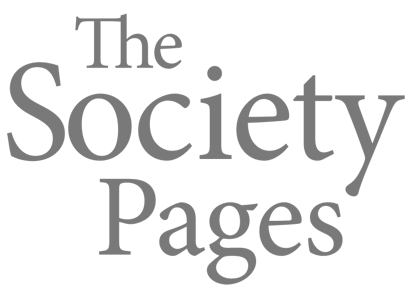
News coverage of controversial health issues like childhood vaccinations, the human papillomavirus (HPV) vaccine, and breast cancer screening recommendations is widespread.
While such controversies could prove puzzling to the general population and health care providers alike, little is known about how media coverage of controversial health issues influences health decision making and behaviors, particularly for women.
SJMC assistant professor Rebekah Nagler seeks to understand this phenomenon through her research on mass media effects on health. Nagler is midway through a research project titled, “Exposure to cancer screening media controversy and its influence on underserved women’s perceptions, screening behaviors, and clinical interactions.” The project is funded through a career development award from the Building Interdisciplinary Research Careers in Women’s Health (BIRCWH) program, a National Institutes of Health grant administered by the University of Minnesota Deborah E. Powell Center for Women’s Health.
“The project tries to understand how messages in the public information environment that highlight conflicting health information and controversies about health issues ultimately impact what we think about with respect to health behaviors,” Nagler said. “And to what extent does it impact the actual screening and prevention decisions we make?” Nagler is particularly concerned that women from underserved communities could be particularly susceptible to conflict and controversy in the media, given persistent inequalities across population subgroups in their ability to access, process, retain, and act on information.
To this end, the first stage of the project was a qualitative study of ethnic immigrant women in the greater Twin Cities. Nagler conducted a series of focus groups with Somali, Latina and Hmong women, in partnership with St. Paul-based West Side Community Health Services, to gauge women’s awareness of and reactions to mammography controversy. Preliminary results showed that ethnic immigrant women had a low awareness of mammography controversy, despite paying substantial attention to health information. The study also found that women had high intentions of being screened, even after being told about the controversy. But despite the substantial interest in learning more about breast cancer and mammography, few women knew where to obtain such information, and few reported discussing screening’s risks and benefits with their providers.
In April, Nagler presented these findings at the Society of Behavioral Medicine conference in San Antonio, Texas. In June, Nagler and her collaborators—Sarah Gollust, an affiliate faculty member at SJMC and assistant professor of health policy and management at SPH, and Erika Franklin Fowler, an assistant professor of political science at Wesleyan University in Connecticut—published a commentary on media coverage of health controversies in the journal Women’s Health Issues. The commentary is partially based on Nagler’s BIRCWH project.
The second phase of Nagler’s research will use a survey-based experimental design to examine how women from lower socioeconomic backgrounds react to conflicting health messages. Nagler expects to begin collecting data in the coming months.
Though the BIRCWH project focuses primarily on cancer screenings for women, Nagler said her research is concerned with an even greater issue.
“Women are the ones who make decisions for not just themselves but for their families,” Nagler said. “They really are key decision makers, and so the extent to which they’re affected by conflicting and controversial health information can have effects beyond themselves.”

